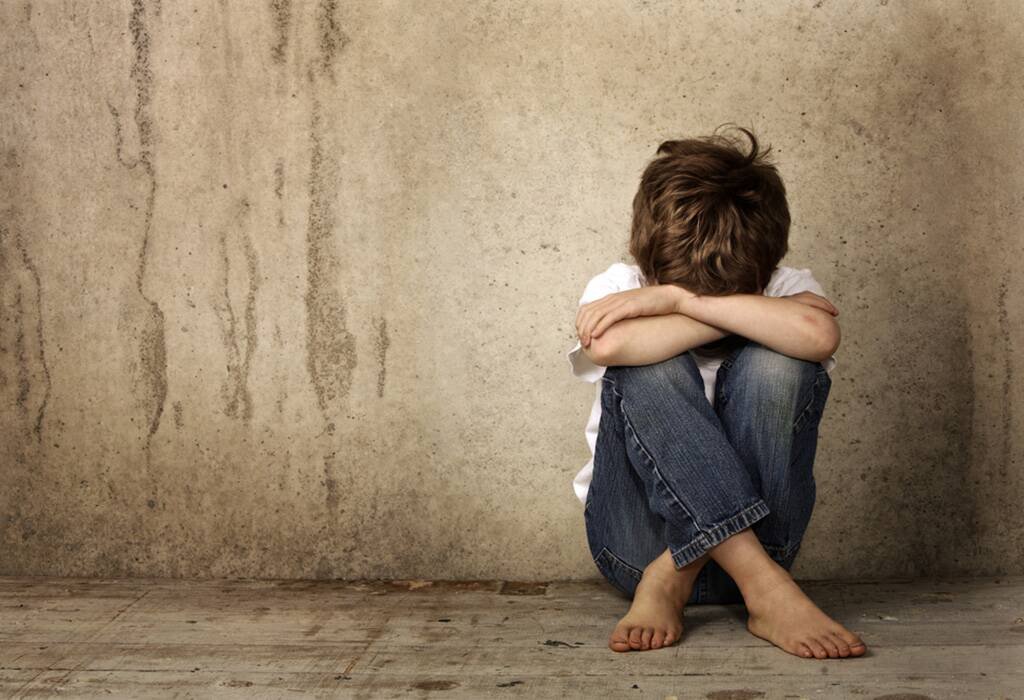Now a days its very common among kids that their behavior is noticeable . Either kids are very agressive , too quite , talktive or shy. although its normal thats why we parents chose to send our child to schhools to create a balance in their life. But, the expectations of society and even the parents are too much from a kid . They want to see a jackal of all trades in it. That’s why Depressins patterns have been bserved in early age . Depression is real and very concerning issue in school going kids.It requires attention from teachers, Parents, society and mental health professionals. It’s important to remember that children and adolescents can experience depression just like adults, although the symptoms might manifest differently. Here are some key points to consider:
Signs and symptoms of Depression in kids:
Depression in growing children and adolescents can be seen in various behaviours that might include:
- Persistent sadness and irritability both or any one
- Lose intresest in activities that they previously used to like
- Loss of apetite or disturbed sleeping pattern
- Cann’t conentrate
- Complaints like headaches or stomachaches or mouth blisters
- Want to sit alone cut off from friends and family
- In elder or teenagers thoughts of death or suiside

Causes:
Depression can come trigger by multiple factors of envirnoment, social relations, or physiological. Common trigger factor in school-going kids is academic stress, high expectations of teachers and parents, lack of physical activities in school, unsaid competitions and camparison with other kids, family conflicts, and might a history of mental health issues in the family.
Possible Solutions :
a. Communication:
Communication is crucial and most important tool. A healthy and better communication can even wipe it all. Parents, teachers, and guardians should create an environment where kids feel comfortable discussing their feelings and problems. Always encourage your kid to express his feeling no matter what it is , But, Never judge or put your instant reaction.Listen, listen and listen than they will listen to you. Put your intrest with expression and gestures. Show your presence in your child life and give them space when they need it.
b. Seek Professional Help:
If you observe that your communication and given solution are not bringing any change consult professional . A child psychologist or psychiatrist are well qualified and trained so they can properly assess the situation and recommend appropriate treatment options, which might include therapy, counseling, or in some cases, medication.
c. School Involvement:
your child school-staff and teachers can play a significant role in early diagnostic and later in treatment too. They can observe changes in behavior, academic performance, and interactions with peers at early stage and at the stage of treatment.Ideally, every school should have a counselling program in guidance of professionals but there are few school that have this facility.
d. Supportive Environment:
Although creating a supportive environment is crucial but very important . It includes supportive culture at home , in school, with friends and family. Encourde kids in participation in extracurricular activities they enjoy, and fostering positive relationships.
e. Avoid Characterization:
Don’t stigmatized the kid.Don’t make chatagries in class or at home. Don’t advise kids in front of others Children should understand that seeking help for mental health is no different from seeking help for physical health problems.
Prevention:
There should be mental health awareness Programms for teacher and parents. Also, Some training programms must be intrduced fr parents and teachers. These education about emotional well-being can contribute to prevent depression in school-going kids. Building resilience and teaching them effective stress management skills can also be beneficial.It does not just about managing symptoms but its also about providing the tools to avoid depression. Promote activity based learning envirnment.

